DM168 SCIENCE
Ornithologists on a mission to change the names of birds associated with colonial horrors
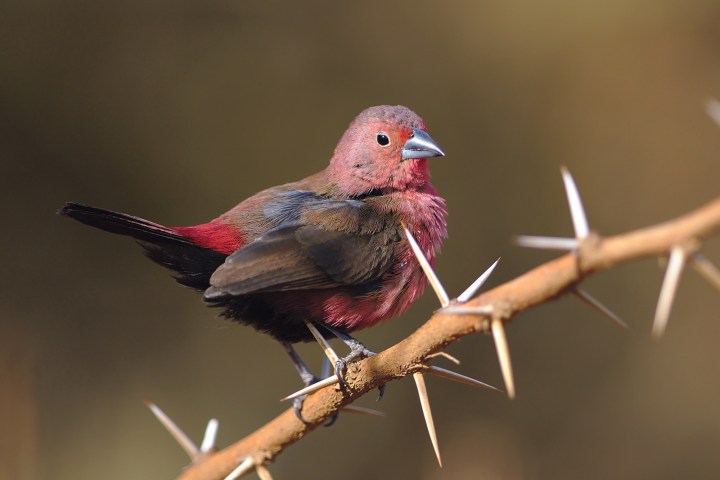
‘There needs to be a more thorough review of the names of fauna and flora that were recorded at the time of colonialism and see if they are in lockstep with a time when humanity is now conscious about dignity, about progress and not being associated with oppression and oppressive terminology.’
First published in the Daily Maverick 168 weekly newspaper.
They are regular garden visitors in some parts of South Africa – a small burgundy-coloured bird whose name is forever connected to a brutal murder and cannibalism.
The Jameson’s fire finch is found throughout much of sub-Saharan Africa and is easily missed in the shadow of undergrowth.
It is named after James Sligo Jameson, a wealthy amateur naturalist whose family is connected to the Irish whiskey with the same name.
A horrifying event happened while Jameson was on an expedition through the Congo in the 19th century.
The expedition was led by Henry Morton Stanley, who is famous for finding explorer David Livingstone 17 years earlier.
According to his journal entry on 11 May 1888, Jameson paid six white handkerchiefs for a 10-year-old girl to be eaten after he suspected that the people he had come across were cannibals. He watched the girl being stabbed, butchered and her body parts taken to the river to be washed and eaten.
Jameson sketched what he had seen but would later go on to claim it had all been a misunderstanding.
This is the reason Jordan Rutter and Gabriel Foley want Jameson’s name removed from the little bird that has become associated with his exploits in the Congo.
“It is the most horrifying story to me,” says Foley. “There is no other story that I know of that is that horrific.”
It is not just the fire finch – they have a list of bird species from around the world they want renamed.
The ornithologists formed Bird Names for Birds, an organisation based in Washington, in early June 2020 and aim to get rid of eponyms and honorifics associated with birds that perpetuate colonialism and associated racism.
Eponyms are where an object is named after the person who “discovered” it.
Many people who have lent their names to bird species, such as Jameson, committed ghastly acts in the past.
John Kirk Townsend, after whom the Townsend’s warbler is named, raided the burial grounds of Native Americans.
Then there is the Frenchman Jules Verreaux. There are four birds named after him, including the Verreaux’s eagle, which is better known as the black eagle, a pair of which are often spotted wheeling in the skies above Johannesburg.
Verreaux, during an expedition through what is now Botswana in 1831, got hold of the remains of a young black man. He had the skin and bones mounted and shipped to France.
The remains would appear on display in a number of museums over the next century until they were repatriated for burial in Botswana in 2007.

Verreaux’s Eagle (Black Eagle, Aquila verreauxii) at Walter Sisulu National Botanical Garden, Gauteng, South Africa. (Photo: Derek Keats)
Social justice
“We, as a birding community, have been naive or unaware or even ignored this,” says Rutter. “And that is why changing these eponymous bird names is something we could do today as a step forward towards making our community better.”
Starting Bird Names for Birds “was largely in response to the social justice events that were happening in the US, specifically the Christian Cooper incident in New York City, that really brought social justice issues to the forefront”, she recalls.
While birdwatching in New York City’s Central Park last year, Cooper was involved in a confrontation with a white dog walker when he asked that she leash her dog. She called the police on him and was later charged with filing a false police report. That incident occurred on the same day that George Floyd was murdered in Minneapolis.
Bird Names for Birds wants birds to be named for their attributes.
Some countries have begun a process of changing bird names. In Australia, the Major Mitchell’s cockatoo is now known as the pink cockatoo.
“And Sweden did exactly what Bird Names for Birds is asking for, years ago – they just threw all the names out and changed them all, in one fell swoop,” says Rutter.
South Africa has joined the trend, too, and recently had two offensive bird names changed: the Hottent0t buttonquail has been renamed the fynbos buttonquail; and the H0ttentot teal is now the blue bill teal.
The naming committee of BirdLife South Africa applied to the International Ornithological Committee for the name changes, which were granted in 2020.
Chief Garu Zenzile Khoisan, who represents the First Nations Collective, which comprises Khoi and San leaders in the Cape, has welcomed the name change but stresses that more needs to be done.
“It is not just with ornithology,” he says. “There needs to be a more thorough review of the names of fauna and flora that were recorded at the time of colonialism and see if they are in lockstep with a time when humanity is now conscious about dignity, about progress and not being associated with oppression and oppressive terminology.”
Bird Names for Birds is creating public awareness around names through petitions.
Its website includes a biographical list of the men who have had birds named after them. It is these names they want changed.
Interestingly, one of them is the Klaas’s cuckoo. Klaas wasn’t white, he was Khoi and a servant to the French naturalist François Levaillant.
“We know almost nothing about Klaas, the source of the name of an absolutely brilliant emerald cuckoo of Africa,” the biographical sketch reads.
“Even though Levaillant frequently mentions Klaas in his account of his travels, praising his knowledge and abilities profusely, we still only have a frustratingly faint picture of him.”
Name changing can be a slow process. In the US, the system requires that a proposal is submitted per bird.
If the Jameson’s fire finch was to be renamed, Rutter believes, the striking nature of the bird would lend some naming suggestions.
“It is such a horrible story, but if you ask me, fire finch is such a vivid name. There’s so much imagery there, so let’s focus on that and celebrate this bird.” DM168
This story first appeared in our weekly Daily Maverick 168 newspaper which is available for R25 at Pick n Pay, Exclusive Books and airport bookstores. For your nearest stockist, please click here.

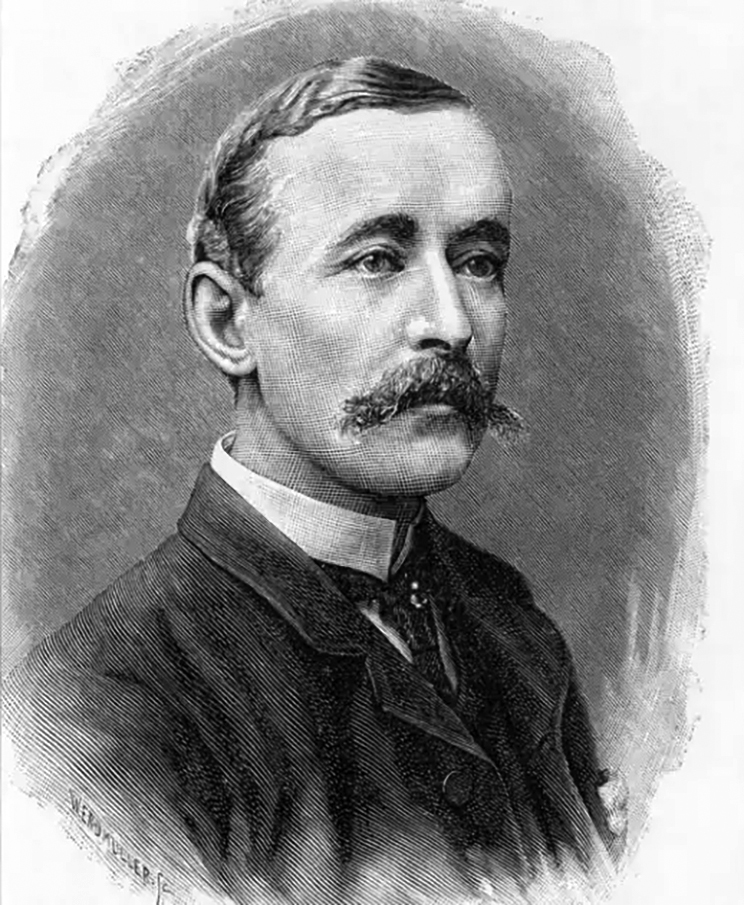
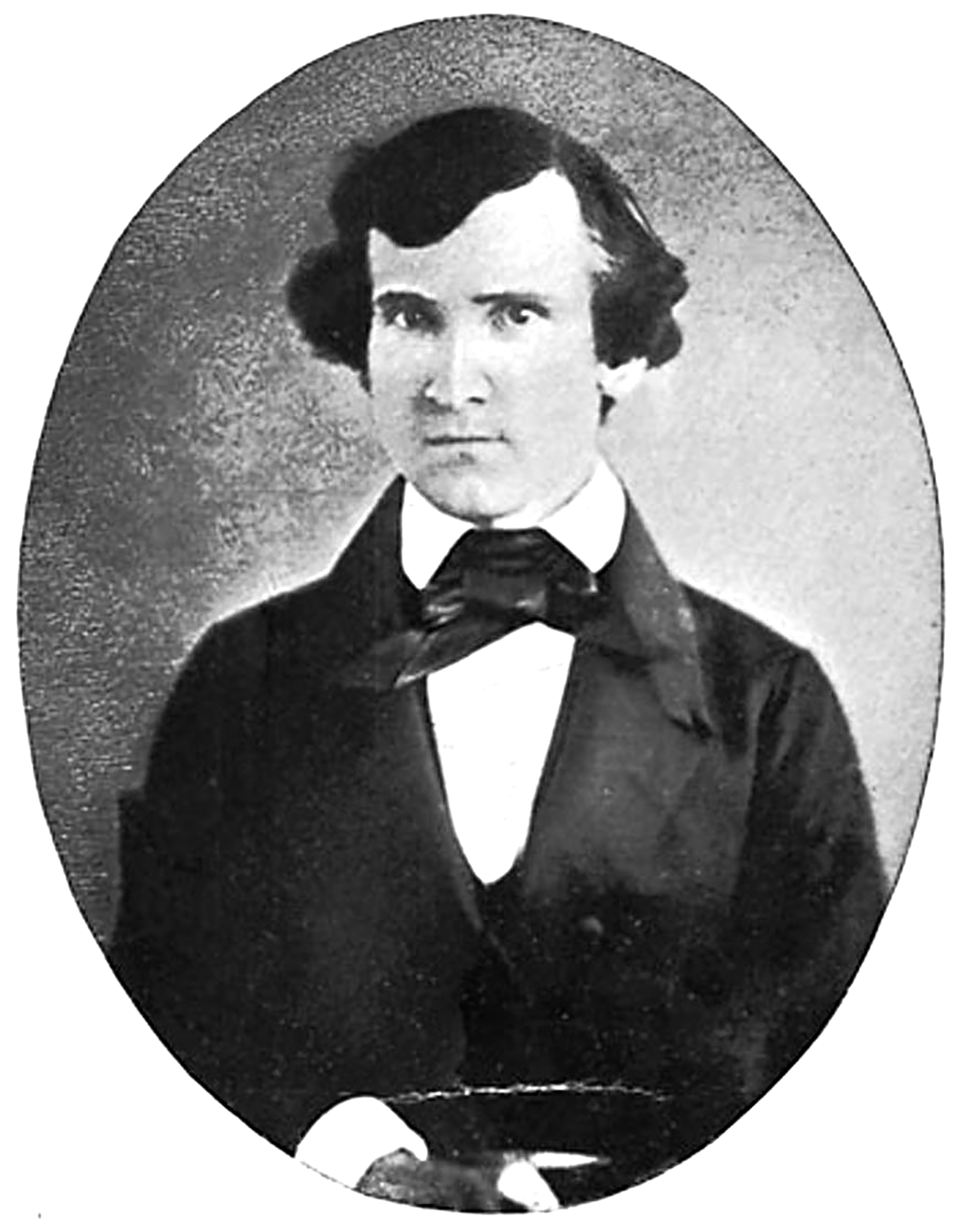
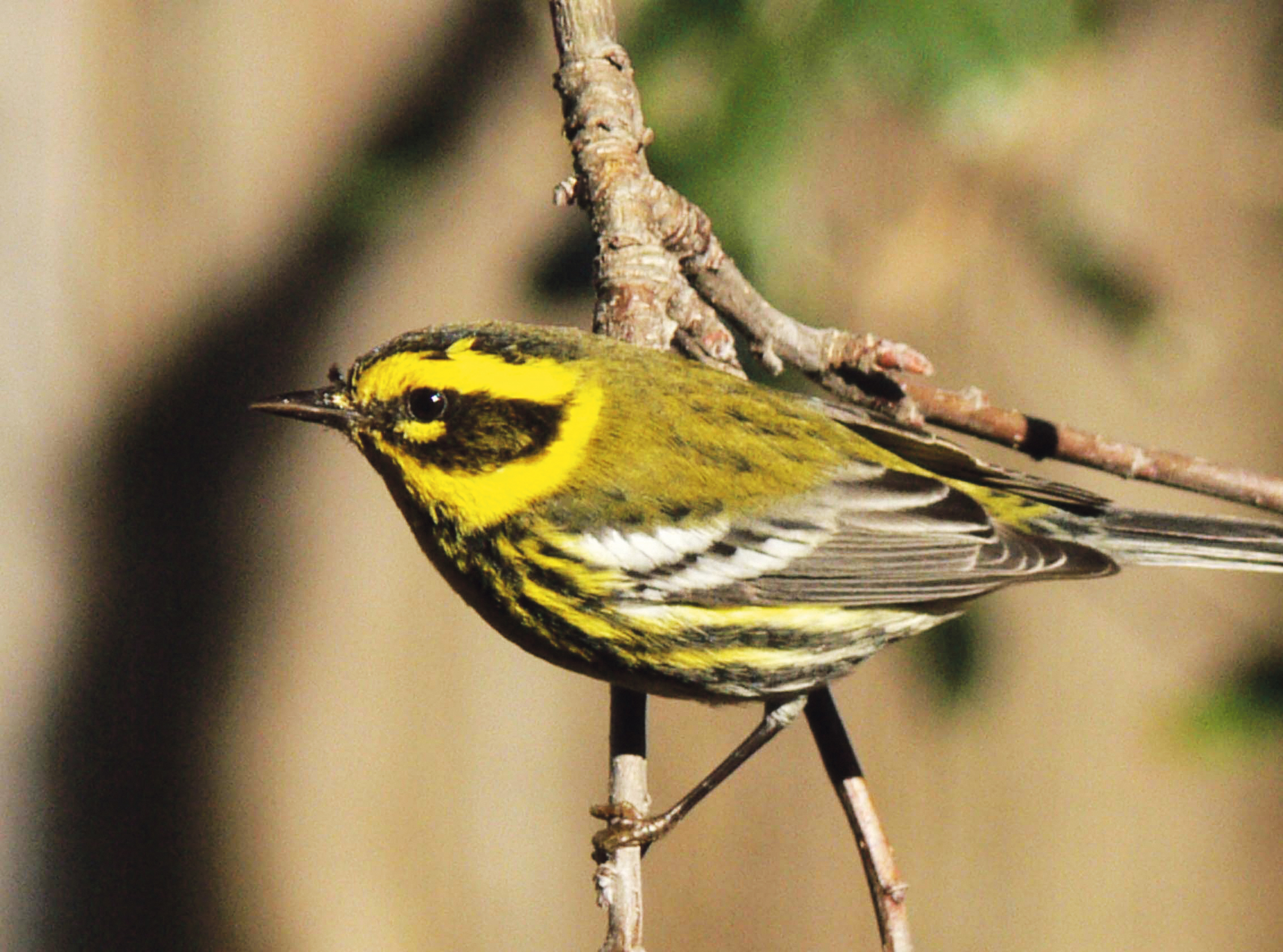
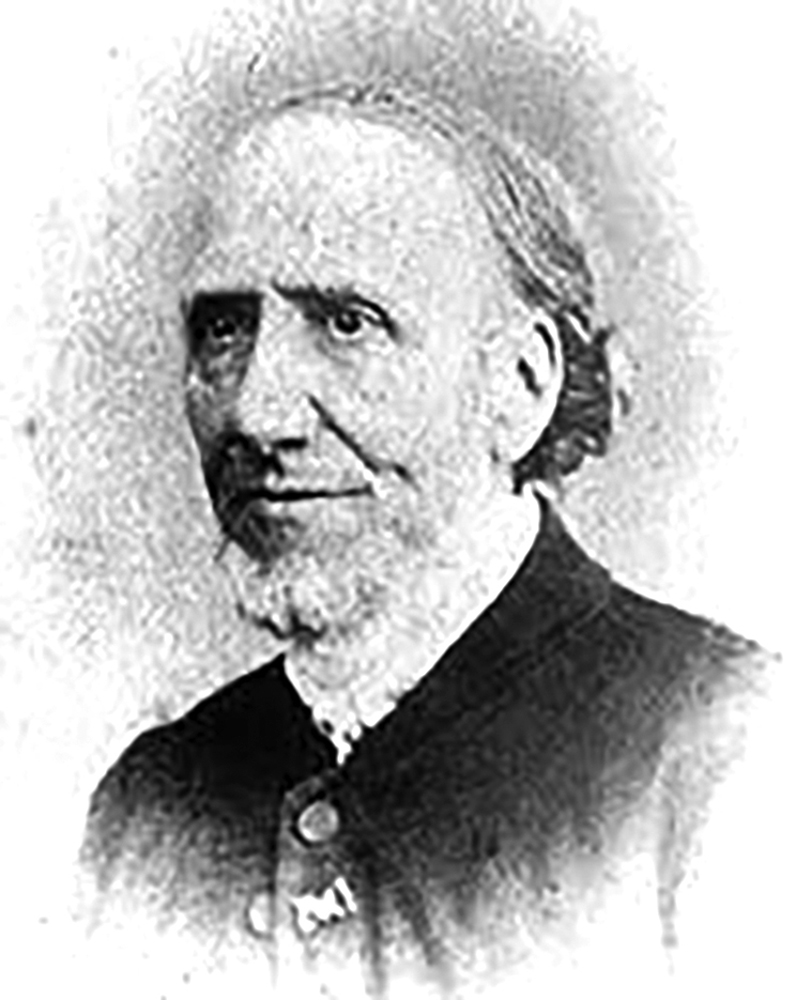

















 Become an Insider
Become an Insider
Comments - Please login in order to comment.